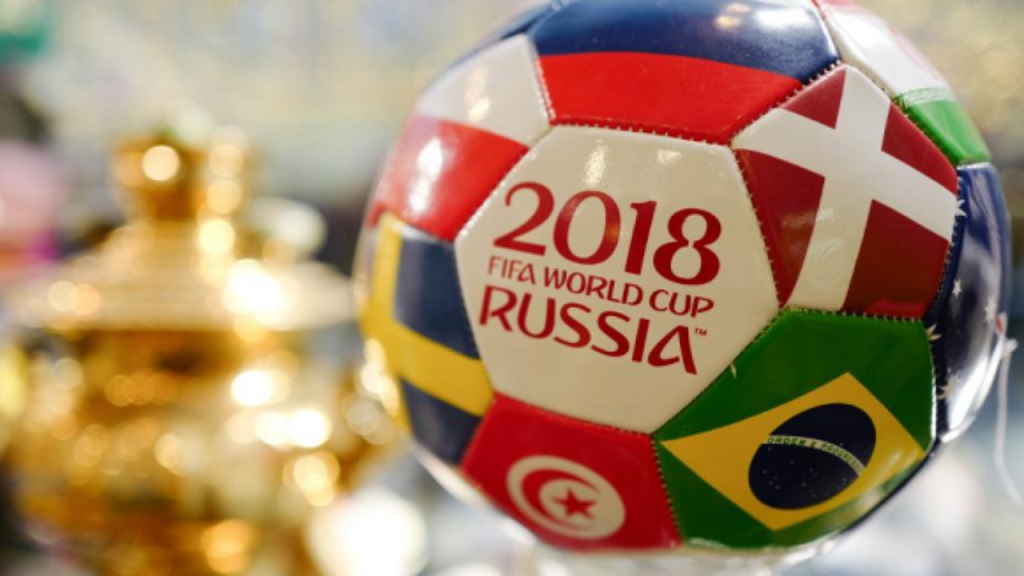The World Cup is in full swing and it has not disappointed! From big upsets to missed penalties and hat tricks, it’s stacking up to be one of the best yet. Besides the fact that the World Cup is an incredibly huge sports event watched by literally half the world’s population, some see it as an attractive investment opportunity. We thought we’d dig a little deeper and see if this really is the case. There are 2 main themes here – economic impact and investment opportunity.
Economic impact
The economic impact of a World Cup on a host nation has been discussed at length, and it’s a rather contentious issue. This article, for instance, suggests that the Russian ruble is likely to appreciate due to the $31 billion predicted economic impact from hosting the World Cup this year. However, on closer inspection, we found some contradictory evidence from past host nations.
Previous hosts have disputed Russia’s economic impact predictions “given the difficulty of separating the World Cup from other economic factors.” Dmitry Kulikov, an economic expert, believes that “the expected effect on economic growth will be equivalent to a statistical error”. He states that any economic changes or benefits will be purely short-term in nature, and although the new stadiums and highways will last after the tournament, the World Cup effect will “dissipate almost immediately after the final match”.
Are these claims valid? We took a look backward at the last 2 World Cups, hosted in South Africa (2010) and Brazil (2014) to see what we could dig up.
South Africa 2010
In 2010, South Africa hosted the World Cup and spent an estimated $4.1 billion to modernize and construct their stadiums and transportation infrastructure. All this construction generated over 22,000 jobs, great! But they were all temporary contract jobs, which therefore disappeared at the end of the project. Similarly, since the World Cup ended, all the extra hotels and stadiums that were built sit mostly idle as South Africa has not been able to maintain the level of tourism that it experienced during the tournament. Besides not being used, the construction of these state-of-the-art stadiums is not sustainable as ticket revenues alone were not able to make up for the costs of yearly maintenance. These costs are falling on local, potentially cash-strapped municipalities that don’t need a state-of-the-art stadium.
Brazil 2014
Brazil hosted the 2014 World Cup, and sadly, it did not seem to help their economic situation either. Brazil, although the world leader in soccer, lags far behind when it comes to economic development and upliftment of its people. The big spending to get ready for the event was very much resented by its people, as we saw in the riots and marches against the games. But, these riots were responded to with promises of economic growth and increased GDP following the event.
When the tournament finally began, over 1 million tourists visited Brazil, which far exceeded expectations. But “as quickly as the tourists came, they also left” and no long-term economic effects were felt. The same went for infrastructure projects like roads, airports, stadiums and public transport facilities, many of which are now sitting vacant or underused – a stark reminder of the overspending that could have been used to uplift the 20% of the population that lives in poverty.
Economic impact vs. investment opportunity
Ok, so the above data is focused on economic impact, and we can all agree that neither South Africa nor Brazil benefited much on that side. But how did stocks of these host nations perform as a result of the tournament? To be more precise, how did they perform before the announcement that they would host vs. after the announcement?
Research has shown that despite the fact that on average there is a short positive economic impact as a result of the event, host country stock markets did not see even a short-term boost on average. So not much to work with there either.
In many of our TV appearances and blogs (here, here and here), we advocate NOT reacting to short-term market changes. We suggest that as an investor, you should make sure that your long-term investment goals are not affected by emotional short-term decisions. It is also one of the top reasons for working with a financial advisor – to make sure that they are there for you during stressful times and are able to keep your reactions in check i.e. prevent you from making any rash decisions.
Interestingly enough, Goldman Sachs found that since 1974, all of the World Cup winners (except one) have outperformed in the month after the final. Cool right? But then again… if you could pick the World Cup winner before the tournament started, you might be clairvoyant!
So with all of this in mind, should the World Cup be something that you consider when making investment decisions? We’ll leave that decision up to you.
If you enjoyed this post, check out Chicken Wings, Pizzas & Beer: Super Bowl LII By The Numbers.



